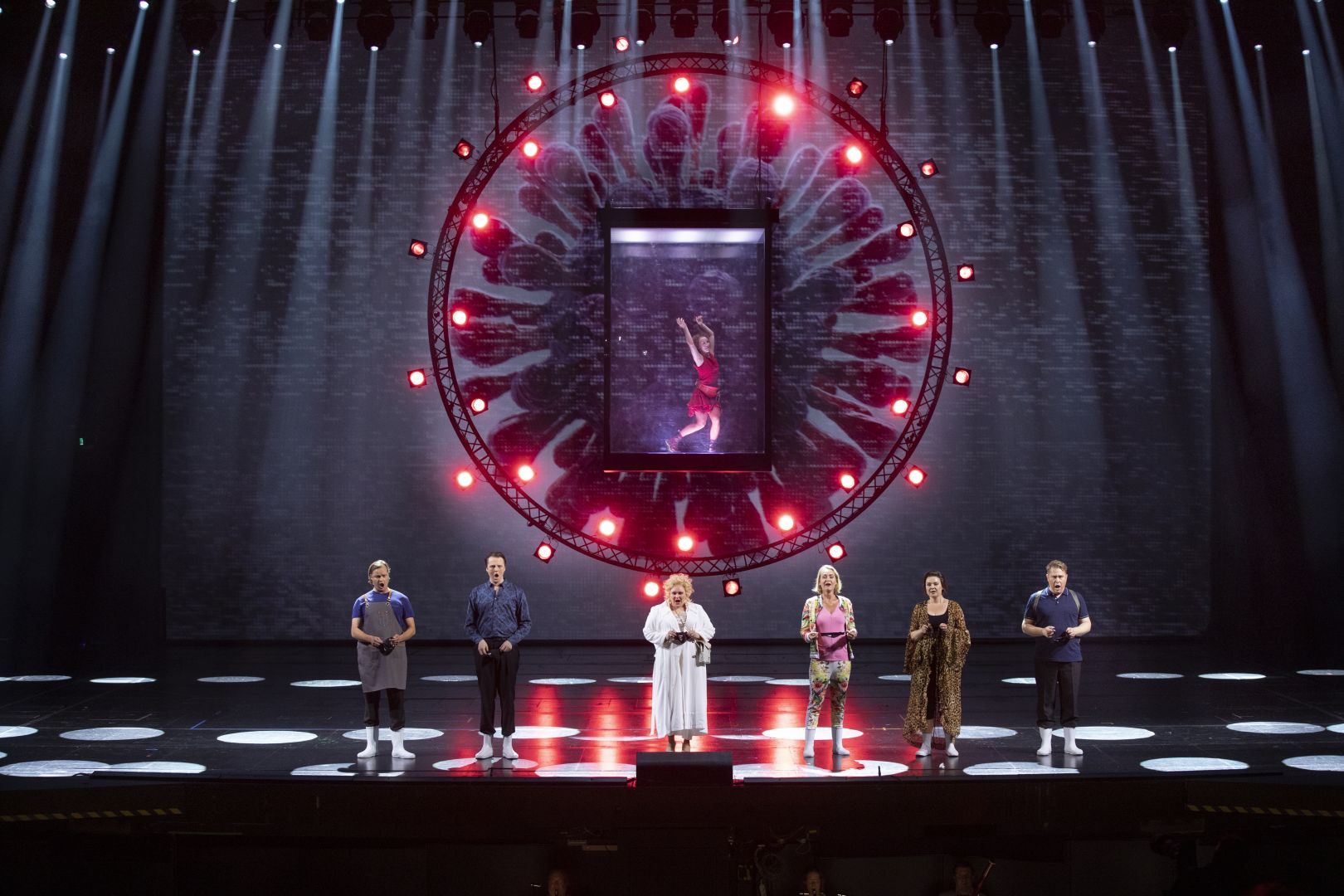This is neither a typo nor a slip. The Finnish National Opera commissioned and produced “Covid fan tutte”, a comic opera about life during the pandemic using music from Mozart’s “Cosi fan tutte”, an aria from “Don Giovanni” and another from “The Magic Flute”. It premiered in Helsinki on 28 August 2020 with small audiences and social distancing restrictions.
The COVID-19 pandemic has had a significant impact on the performing arts. Due to physical distancing requirements and the closure of physical venues, limiting not only public performances but also rehearsals, many performing arts institutions attempted to adapt by offering digital services.
The Finnish response to the cancellation of many of its planned productions was certainly original. Created in less than six months, “Covid fan tutte” is a satirical look at the experience of the coronavirus outbreak in Finland in spring 2020. Starring Karita Mattila and conducted by Esa- Pekka Salonen, the production follows with lightheartedness ordinary Finns’ lives amid press conferences by the government and pandemic experts. The libretto for Covid times is by Minna Lindgren.
On stage, singers are rehearsing Die Walküre, when they are suddenly interrupted. As management has been laid off and the news of a global virus spreads rapidly, the Wagnerians are suddenly instructed to perform a modern satire on the situation. As a result both Mozart’s music and the storyline lampoons the Finnish reaction to the coronavirus outbreak.
Soon, however, the singers tire of the temporary project. The star soprano and tenor experience a romance in the workplace, but the social distancing measures and the interface master disrupt their intentions. The interface manager find a doctor, who will test a vaccine he has developed on the singers.
Suddenly, the personification of Covid begins to appear to everyone. No one knows whether the sight is true, an illusion, or a symptom of a disease. Only the star singer remains sane and leaves for Paris after receiving a flight ticket. Finally, a better future is sung, a time when the economy has recovered and Wagner can be sung in the opera at last.


